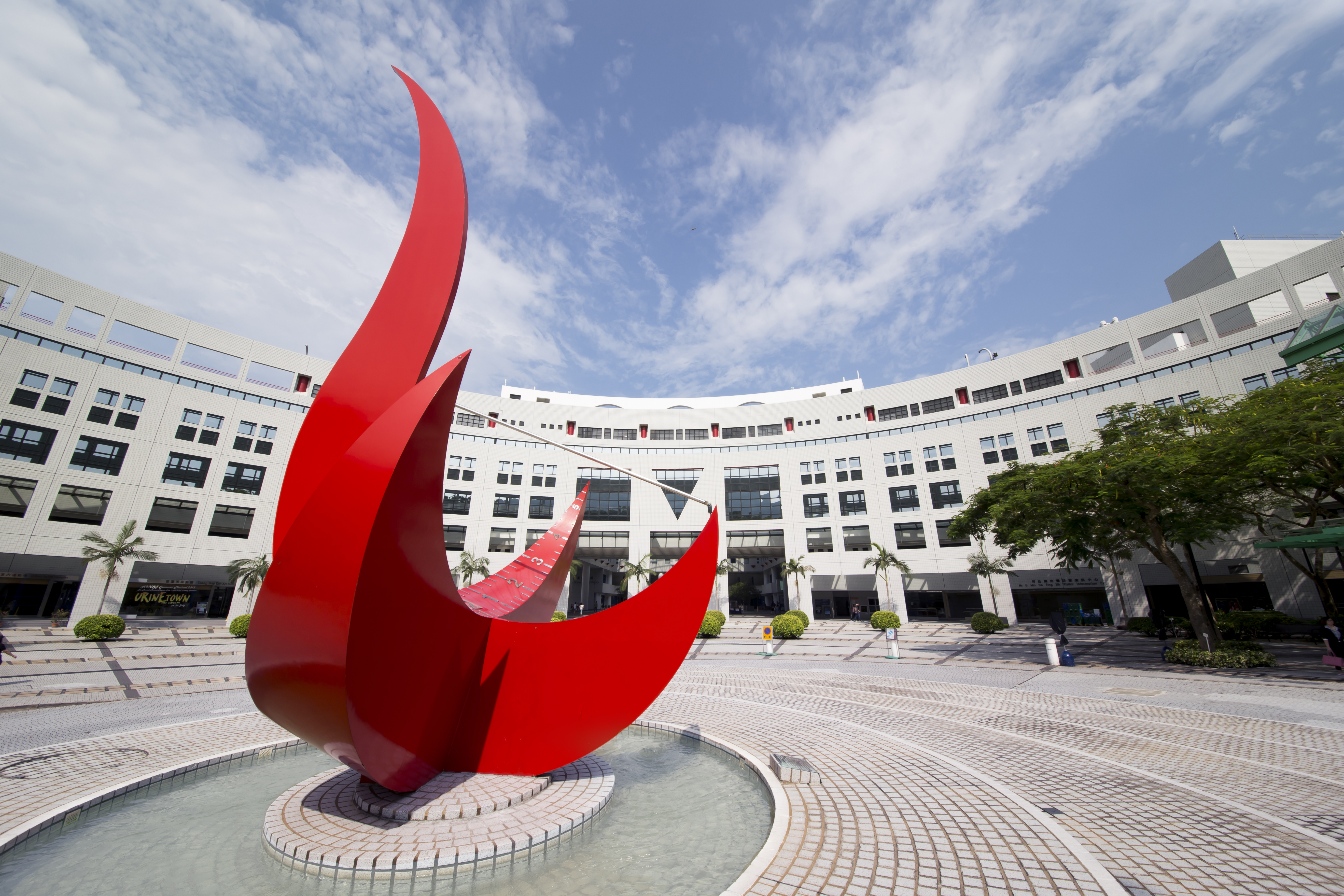
The Hong Kong Special Administrative Region government on Tuesday gave the nod for the Hong Kong University of Science and Technology to set up the SAR’s third medical school, with the first batch of 50 medical students to be admitted in 2028.
Secretary for Health Lo Chung-mau said the university’s proposal, approved by the chief executive and the Executive Council, is of a clear strategic positioning and a broad global perspective.
The university and the government will split the cost of building the school, as well as operating expenses over the next 25 years, with the university fully sponsoring HK$2 billion ($256 million) to build the initial school complex in Clearwater Bay, Sai Kung District.
The first batch of 50 students is expected to graduate in 2032.
Chief Executive John Lee Ka-chiu noted that a third medical school is crucial to enhancing local healthcare services. He added that it will work closely with the two existing medical schools to complement each other's strengths, and enhance the standard and capabilities of Hong Kong's medical research and education. It would also respond to the national strategy of building the nation into a leading country in education, he said.
A government spokesperson said that the expert advisors and members of the task group have conducted an in-depth review of the proposals submitted by the three universities from various perspectives including innovative strategic positioning, curriculum structure and financial sustainability. The HKUST must obtain an in-principle approval from the Medical Council of Hong Kong for the accreditation of its medical curriculum, the spokesperson noted.
ALSO READ: HKUST’s bid to establish city’s third medical school nears finish line
Secretary for Education Christine Choi Yuk-lin said that medical students represent a critical component of specialized human resource planning. Therefore, the government will pay close attention to enrollment trends, including the proportion of local and non-local students.
Regarding concerns about admission requirements for non-local students and potential language barriers upon arrival in Hong Kong, Choi said that the university will organize related language courses.
The Health Bureau also emphasized that communication skills are essential for doctors, and Hong Kong, as an international city, aspires for medical personnel to be biliteracy and trilingualism. The third medical school will adapt in this regard, and may establish specific entrance requirements and consider integrating language skills into its curriculum.
The university thanked the government for its decision, and said that the new medical school will utilize HKUST's distinctive strengths, including its international character and global networks, to attract top talent and create a world-class learning environment.
It aims to cultivate a new breed of medical professionals who are ethically grounded, clinically outstanding, and technologically adept. By directly integrating the university’s expertise in data science, AI, and robotics into the curriculum, the school will equip future doctors with cutting-edge skills.
Hospital Authority (HA) Chairman, Henry Fan Hung-ling, said that HA will dovetail with the policy direction of the Health Bureau to fully support the HKUST in developing its medical school, as well as continuing to support the two existing medical schools in training medical students. He said that more healthcare professionals with integrity and talent will be nurtured in the three medical schools.
READ MORE: Task group to invite proposals on third HK medical school
Chief Executive John Lee Ka-chiu proposed in his Policy Address last year that, besides increasing training places from the existing two medical schools, the government supports the plan by local universities to establish a third medical school.
The government will set aside sites at Ngau Tam Mei, within the innovation and technology zone of the Northern Metropolis, to develop the new medical school campus and build an integrated medical teaching and research hospital. According to the Development Proposal of Ngau Tam Mei that the government submitted to LegCo last year, the hospital will be a 15-minute walk from Ngau Tam Mei station.
Besides HKUST, both Hong Kong Baptist University (HKBU) and the Hong Kong Polytechnic University (PolyU) had submitted proposals to the government to strive for operating the third medical school.
Regarding to the authorities’ final decision, president of PolyU Teng Jinguang said that the team will review and summarize their experiences, refining associated tasks to ensure thorough preparedness for future challenges. He emphasized that PolyU will continue to leverage its unique advantage of integrating medical and engineering expertise, deepening clinical collaborations with various hospitals, accelerating the translation of medical research into practice, and proactively nurturing medical talent in response to societal needs.
HKBU expressed its respect for the government’s decision, vowing that it will continue to play the important role of promoting Chinese medicine development and fostering Integrated Chinese-Western Medicine services, including being contractor of The Chinese Medicine Hospital of Hong Kong.
READ MORE: HK’s first Chinese medicine hospital to offer first-year discounts
In the HKUST’s proposal submitted in March, the designed curriculum incorporated advice from different university committees and task forces consisting of top medical experts such as former HA chairman Leong Che-Hung and four former and current deans of local and Chinese mainland medical schools.
The university has signed agreements with over 20 leading medical institutions and hospitals, spanning the Guangdong-Hong Kong-Macao Greater Bay Area, Beijing, the Yangtze River Delta, the United Kingdom, and the United States.


